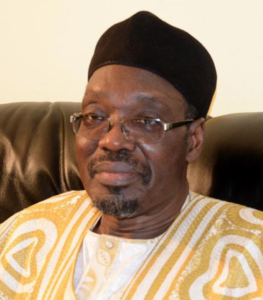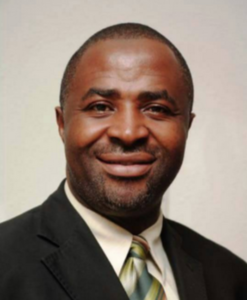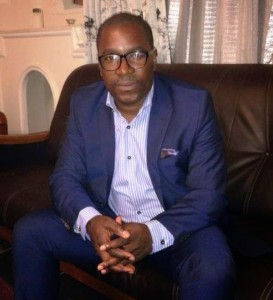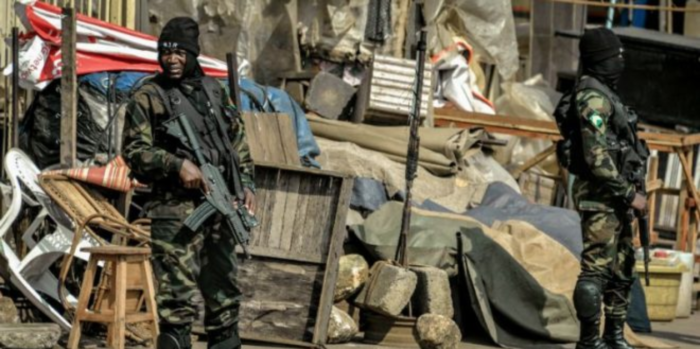After one year of protests in the two English speaking regions of Cameroon, the escalation of violence is uncontrollable. Tensions are visible all over, things are becoming worst than before the beginning of the crisis. What could have been the reason for this unbearable situation?
Last October 2016 when teachers and lawyers went down the streets to protest, they demanded that reforms should be done in both sectors. They asked for a minimum of protection for their system which they said was assimilated to the French one. The Government on their own part took measures to overcome the crisis by recruiting one thousand bilingual teachers, translating the OHADA treaty in English and finally creating an English section at the National School of Administration and Magistracy.
But according to the large majority these measures were not the response to their quests among which was: the refusal of teachers from the French system of education to be transferred to the English system without having any knowledge in English, the application of common law within the English jurisdiction space and much more the difficulty the English audience have to accommodate with French magistrates speaking only in French in English court.
The Government regardless to all these preoccupations decided to maintain the above mentioned measures to solve the problems.

The Cameroon Minister of Communication Issa Tchiroma told the entire press, national and international that the step taken by the Government is more than the expectations. The news goes viral, and brought a new form of grievances which do not seek only solutions for teachers and lawyers, but the entire English community.
Not standing the fact their system is compromised, they said their population in general is marginalized, they are regarded as second class citizens and cannot occupy decision making positions at the Government – and above all – the two regions are mismanaged whereas these regions have rich potentials, since 56 years, they have been waiting for development projects and infrastructures suitable for the interest of their communities and localities.

Due to the refusal of the government to seek for better solutions, a group of people led by Sisiku Ayuk Tabe Julius came into the front line to create the Federal Republic of Ambazonia with the objective to separate the two regions from Cameroon, they said the former British Cameroon was an independent nation with recognized boundaries according to United Nations Resolution 1608 – XV of 21 April 1961 on the independence and union with the Republic of Cameroun.
This territory was granted independence through a vote of Nations with the sole option either to join the Federal Republic of Nigeria or the Republic of Cameroon. After reunification in 1961, they said this territory later was annexed by the former Republic of Cameroon which got it Independence the first of January 1960.
They are demanding the United Nations to consider the aforementioned decision in accordance with their statute and revise an option for a self determination of the people of Southern Cameroon for a complete Independence. This reason led to wild protests of their militants and sympathizers across the world. An uncomfortable position, merely radicalize the Government of Cameroon, which stands for Unity.
Therefore an international warrant was made by the Cameroonian government to arrest 15 leaders of the separatist movement. This came at a time when these leaders accused the government of genocide against the English speaking population. The Government on their own part said these separatists are destabilizing the Institutions, peace and serenity. They are regarded as terrorists.

Meanwhile there is another group of people let by Barrister Felix Agbor Balla former consortium leaders, who was jailed last January 2017 then came out eight months later and the main opposition party SDF [Social Democratic Front] are demanding a federal system as it was experienced in 1961. They said the situation would have been avoided if the government had effectively put in a application for decentralization as it was written in the constitution of 18 January 1996.
Tensions are visible since October 2016. Towns have turned into ghost towns. According to Amnesty International (NGO) the large majority of casualties came on the 22 September 2017 and on the first of October 2017, when men, women and children carried loud their voices to demonstrate.
People were killed in large numbers, some were raped, tortured, other were arrested and detained during inhuman conditions, and some are still missing while there are an increase number of refugees in Nigeria. Much recently six soldiers was killed in connection with the crisis.
The position of the international community
Due to the degradation nature of violence the United Nations Organization, Human Rights Organizations, civil societies, commonwealth, Francophonie, Africa Union and some majors countries (USA, Great Britain, Germany) have recommended the Government of Cameroon through is Head of State President Paul Biya to seek for a long and lasting solution to solve the problem by calling for a franc dialogue regarding the root cause and also the release of all detainees in connection with the crisis so as to preserve the Unity of the country and the acceptance for the two parties to build a new and powerful nation.
Perspectives for a final solution
Although a commission was created for bilingualism and multiculturalism, it is important to seek for durable solutions, the redefinition of a Unity based on solidarity, equity, justice, belonging to one nation with many cultural backgrounds, sharing a common interest, having the same statute and opportunities is necessary. A redefinition of our constitutional values as it was viewed at the reunification of Cameroon, the building of a solid nation based on trust, a nation without discrimination, favoritism, marginalization, nepotism, tribalism, hate and rage among citizens.
The perspective should be the holding of a debate conference in presence of a third party where the Government and the leaders without exception will participate to find solutions to the problems. In absence of these above elements, the United Nations in accordance with its statute should call for a referendum so as to permit the population of the two regions to decide their future destiny. If nothing is done then the worst is still to come.
By Lilian Neg, Africa correspondent for NewsVoice
Related
- QZ.com (Jan, 2017): Cameroon has shut down the internet in its English-speaking regions
- ENCA (Nov 17, 2017): Fire sweeps through Cameroon parliament
- Cameroon Online (Nov 19, 2017): Curfew clashes in Cameroon’s anglophone region injure 4
- Cameroon Concorde (Oct 2017): Anglophone crisis – UN issues strong statement to Biya’s Regime



